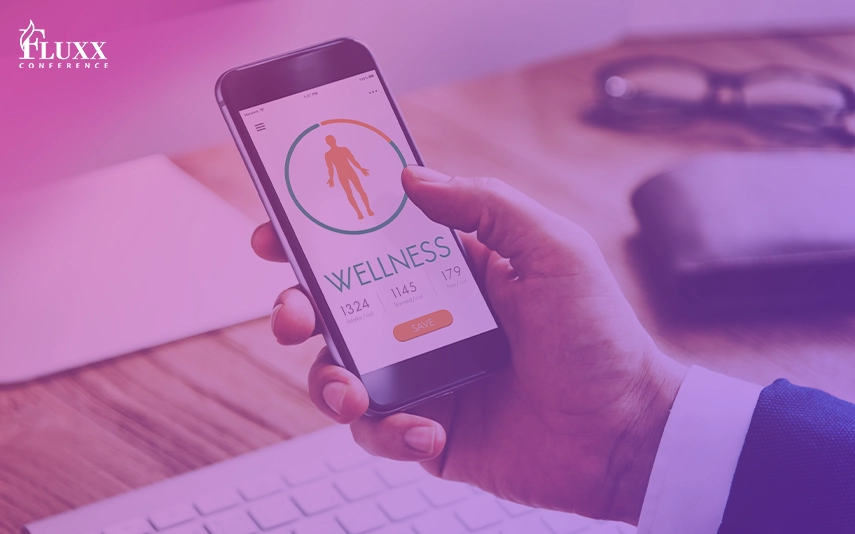
The Real Difference Between Digital Therapeutics vs Wellness Apps
Summary: Digital therapeutics and wellness apps often appear similar, yet they serve very different purposes. While wellness apps promote lifestyle changes, digital therapeutics provide clinically validated treatments. Insights from human resources technology conferences, business development conferences, and healthcare technology conferences reveal how professionals can understand the true distinction and make informed decisions.
The digital health market is growing at a fast rate. The digital therapeutics are frequently mixed with wellness apps, which some people think serve the purpose of addressing health in the same manner. This myth requires clearance amidst the growing number of businesses, healthcare providers, and policymakers reviewing solutions that are offered at industry events such as healthcare technology conferences.
Digital therapeutics are supported and controlled, whereas wellness apps are aimed at health promotion, not clinically proven. This distinction is essential for professionals who attend events with an innovation focus and make decisions in healthcare, business, and human resources.
What are Digital Therapeutics?
Digital therapeutics (DTx) are treatments that prevent, manage, or cure a given medical condition using software. Physicians tend to prescribe them and make them undergo specific clinical trials that should demonstrate their effectiveness. In particular, chronic illnesses (such as diabetes, depression, and substance use disorders) are treated by some DTx solutions.
These tools are based on scientific validation, data security, and adherence to regulatory frameworks. Participants in healthcare technology conferences usually get to hear how these products are transforming the future of patient care and redefining treatment accessibility.
What are Wellness Apps?
A large number of wellness applications can be found in application stores and are aimed at lifestyle changes. They involve fitness trackers, meditation applications, nutrition guides, and sleep monitoring. They promote healthy practices, although they are not controlled like medical machines and do not substitute prescribed interventions.
Key Differences Between Digital Therapeutics and Wellness Apps
1. Purpose and Validation
2. Regulation and Oversight
3. Prescription vs. Download
4. Target Audience
5. Integration with Healthcare Systems
Why the Distinction Matters for Professionals?
Human resources technology conferences, business development conferences, and healthcare technology conferences are attended by executives, HR leaders, and healthcare experts to learn about the trends in innovation. It is essential to note the difference between these tools because:
Benefits of Digital Therapeutics
Benefits of Wellness Apps
Conclusion
Digital therapeutics and wellness apps are similar phenomena that influence the digital health sphere, but their functions are different. One is medically proven, and the other is a healthier lifestyle. It is the expectation of professionals who visit human resources technology conferences, business development conferences, and healthcare technology conferences to be aware of these differences so that they can make informed decisions on behalf of patients, employees, or business investments.
FAQs
Q1. Are wellness applications a substitute for digital therapeutics?
Well, no, wellness apps cannot substitute digital therapeutics. Although they are healthy, they are not clinically verified or regulated.
Q2: Can digital therapeutics be used only in the case of chronic conditions?
No, digital therapeutics treat many ailments, such as mental health, addiction, and neurological diseases.
Q3: What is the role of conferences in bringing about awareness of these tools to professionals?
Conferences such as healthcare technology conferences give an insight into the sphere of regulatory standards, innovations, and their use.
Q4: Are employers more benefit-oriented in the offering of wellness apps or digital therapeutics?
It depends on the objective. Wellness apps support overall health, while digital therapeutics provide clinical results that can enhance employee productivity.
Interesting Reads:
EdTech and Emotional Intelligence: Can Technology Teach Empathy?




